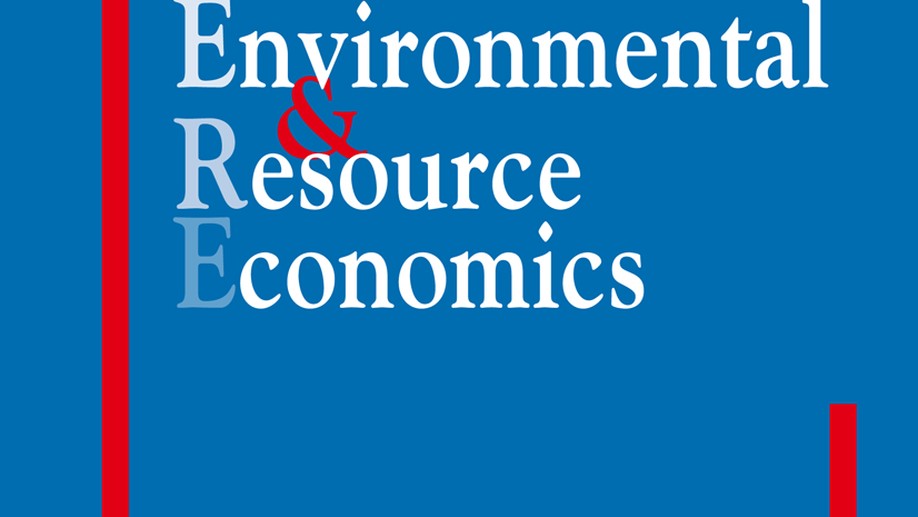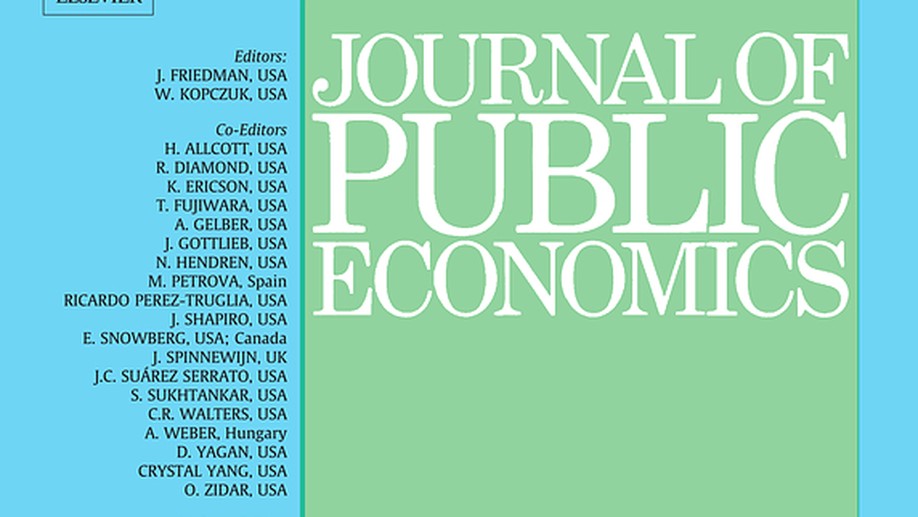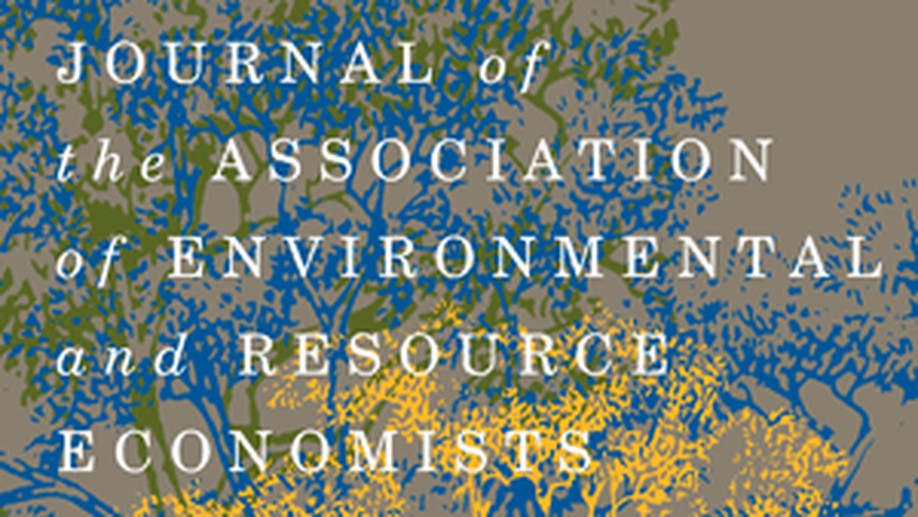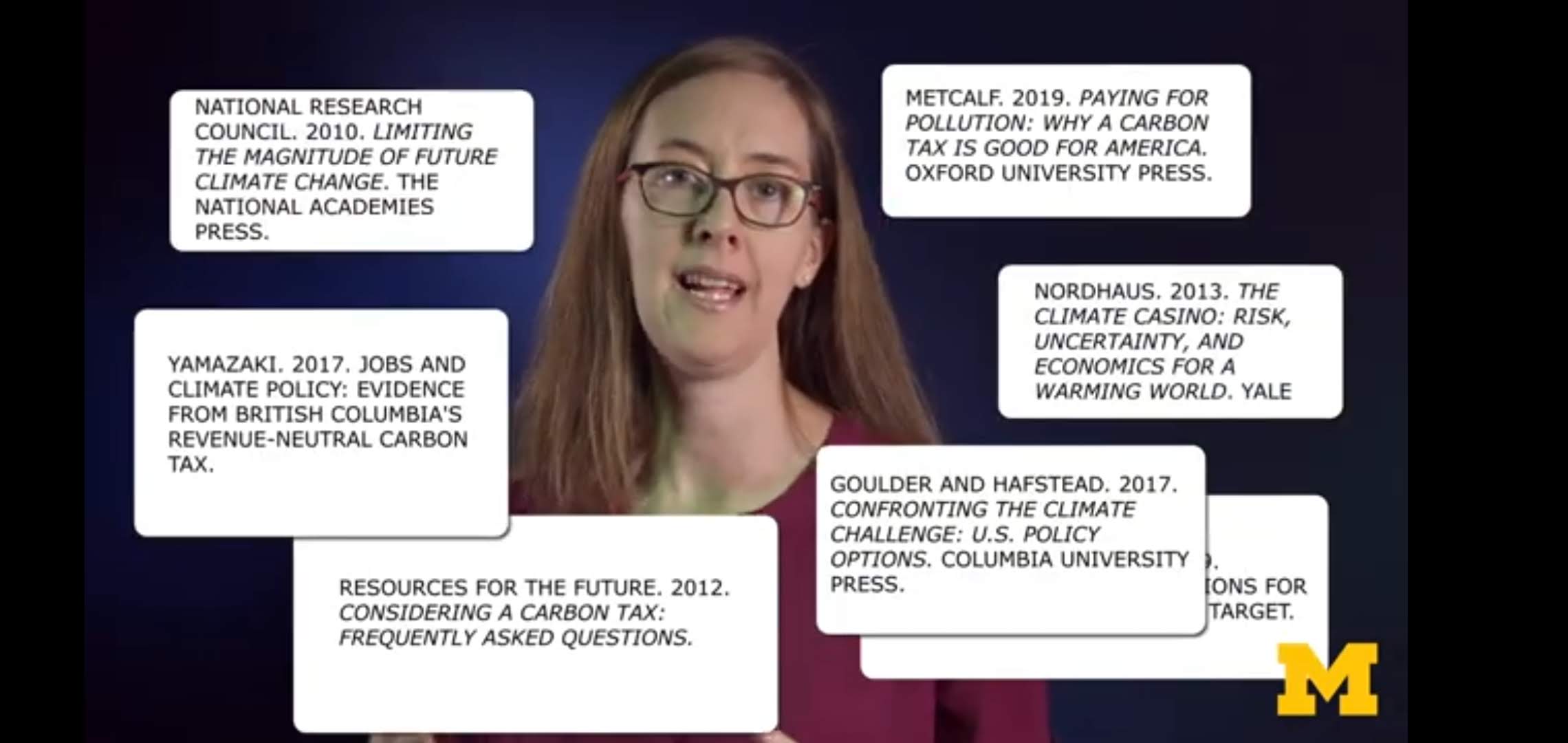Biography
Akio Yamazaki is an associate professor (tenured) at the National Graduate Institute for Policy Studies. His work focuses on the evaluation of the effectiveness and economic impact of climate change policies. Specifically, his research analyzes how carbon taxes affect energy use, employment, and productivity. His purpose is to inform policymakers and the public about the economic benefits and costs of climate policies, thus aiding with the design and implementation of cost-effective and evidence-based policy.
Yamazaki is also an adjunct assistant professor in the department of economics at the University of Calgary. He holds a PhD in economics from the University of Calgary, Master of Art in economics from the University of Southern California and a bachelor’s degree in economics from the University of California, Davis. Prior to his completion of his PhD, he was pre-doctoral research fellow in the Smart Prosperity Institute at the University of Ottawa.
His recent research has been published in the Journal of Public Economics, Journal of Environmental Economics and Management, Journal of the Association of Environmental and Resource Economists, Environmental and Resource Economics, and Climate Change Economics.
Interests
- Environmental Economics
- Public Economics
- Applied Microeconomics
Education
-
PhD in Economics, 2019
University of Calgary (Supervisor -- Dr. M. Scott Taylor)
-
MA in Economics, 2012
University of Southern California
-
BA (Highest honor) in Economics, 2009
University of California, Davis
-
AA (Highest honor) in Transfer, 2007
City College of San Francisco












